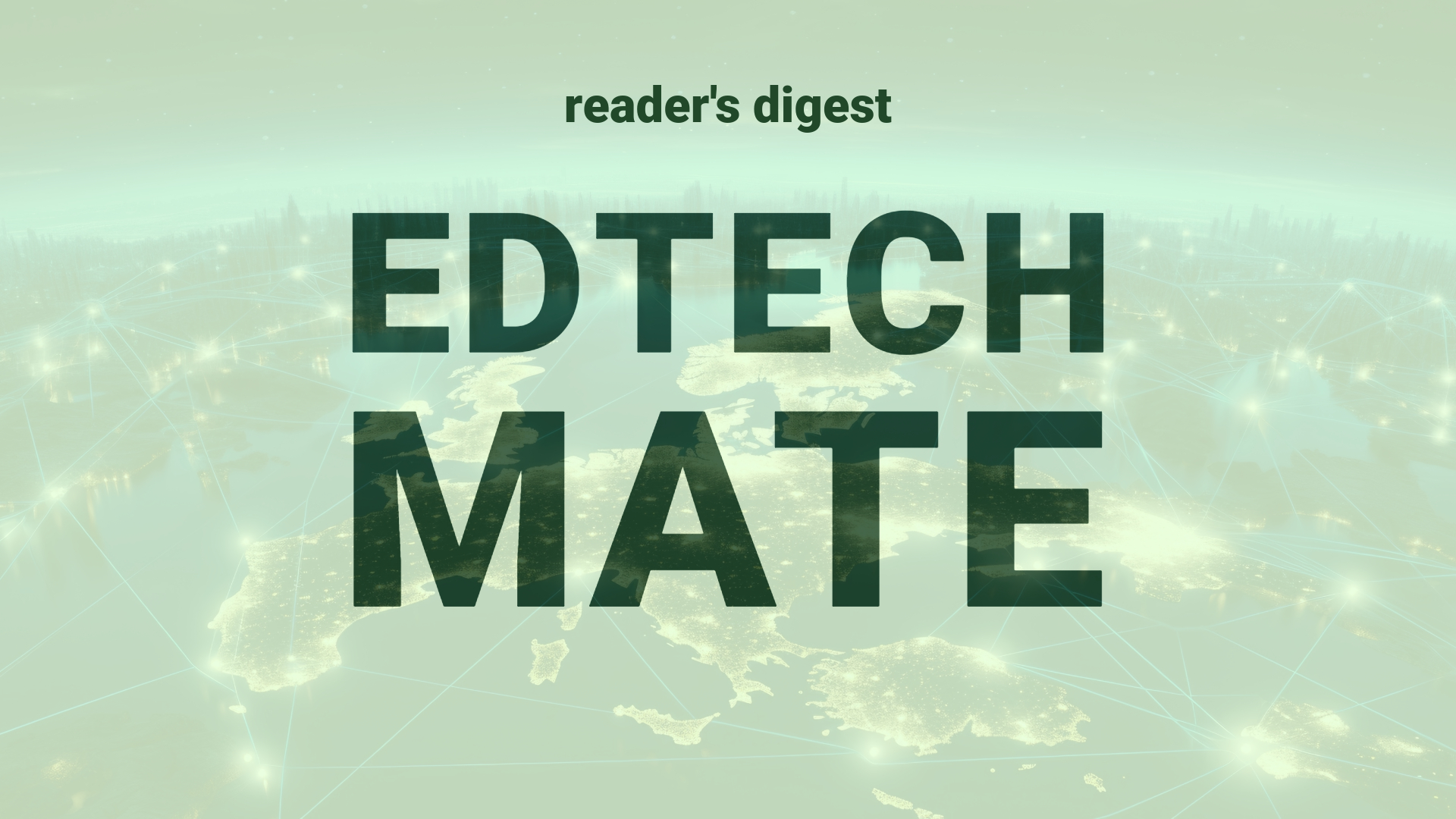Executive Summary and Main Points
During the Viva Tech conference in Paris, U.S. technology leaders from Amazon and Google advocated for the transformative potential of AI in various sectors including economics and healthcare. The EU’s AI Act was highlighted, introducing a risk-based framework for artificial intelligence. Tech giants emphasized AI’s role in addressing global challenges, with practical applications ranging from rice supply chain optimization in Indonesia to advanced medical models like Google’s AlphaFold 3. Additionally, a commitment to responsible and safe AI development was underscored amidst the integration of AI-watermarking technologies for combating misinformation.
Potential Impact in the Education Sector
The highlighted developments suggest several prospective impacts in education. Further Education could see enhanced digital learning environments and personalized learning through AI. Higher Education may benefit from AI-driven research tools and administrative automation. Micro-credentials might leverage AI for validation, verification, and to tailor learning pathways. Strategic partnerships with tech giants could lead to investments in educational infrastructure and the creation of AI hubs within universities to nurture a new generation of AI-literate graduates.
Potential Applicability in the Education Sector
Innovative AI applications within global education systems could include student support bots, adaptive learning platforms, AI-powered plagiarism detection, and predictive analytics for student success. AI could also bridge gaps between academia and industry through collaborative research initiatives and real-world problem-solving projects. Additionally, AI-models like Google’s for the medical sector could revolutionize STEM education, facilitating breakthroughs and hands-on learning experiences.
Criticism and Potential Shortfalls
Critical analysis points to potential centralization of power in ‘Big Tech’ and resultant monopolies concerning the development and deployment of AI technologies. Privacy concerns arise from the use of private data to train AI models, indicating a need for more robust regulations. Ethical considerations and cultural implications, such as AI perpetuating biases or being inapplicable in certain socio-economic contexts, must be addressed. Comparative international case studies may reveal disparities in how AI is impacting education in different regions.
Actionable Recommendations
To effectively leverage AI in education, institutions should explore partnerships with AI leaders while maintaining autonomy and ethical standards. Pilot projects could be established focusing on specific educational challenges within local contexts. International leadership should prioritize data privacy and ethical AI curriculum development, as well as facilitate open access to AI resources for widespread educational benefit. Regular reviews and policy updates may ensure positive, equitable outcomes for global education communities.
Source article: https://www.cnbc.com/2024/05/23/big-tech-goes-on-ai-charm-offensive-in-europe-as-regulators-circle.html

